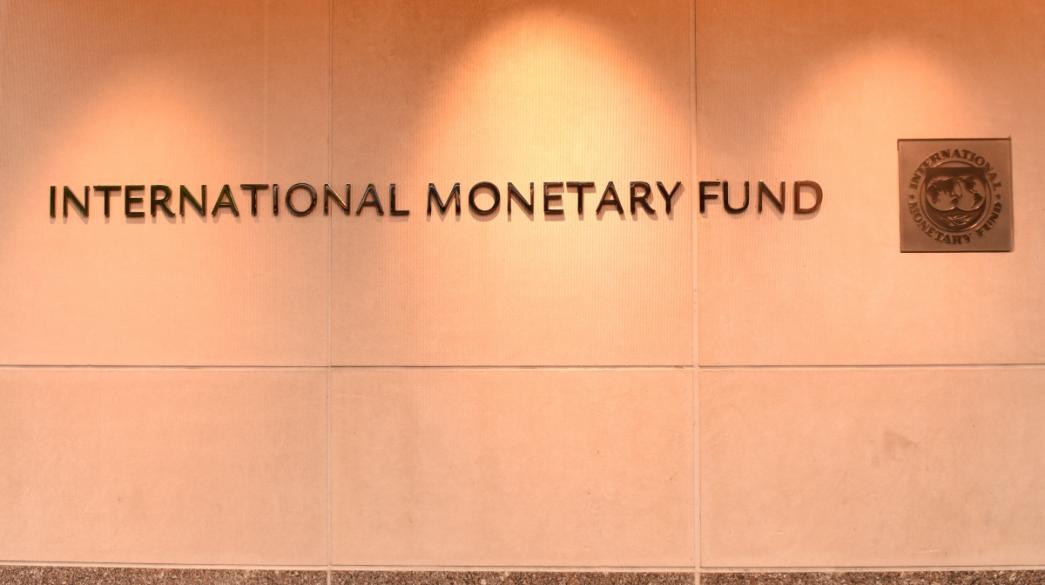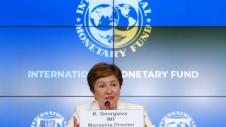Greece's economy is expected to contract by 9.5 percent in 2020, before gradually recovering over the medium term, the International Monetary Fund (IMF) said on Friday, in tis staff concluding statement of the second post-proram monitoring mission.
"The economy is expected to contract by 9.5 percent in 2020, before gradually recovering over the medium term," it said. "Greece’s heavy reliance on tourism makes it particularly vulnerable. A rebound is expected in 2021–22 to reach an average 5 percent growth annually, backed by the Next Generation EU (NGEU) funds and a recovery in foreign demand. As the NGEU gradually phases out, growth is projected to return to its long-term potential rate of 1 percent."
The coronavirus pandemic interrupted Greece’s modest economic recovery, the IMF said, contracting the GDP contracted by 7.9 percent in the first half of 2020, a steep drop from 1.9 percent growth in 2019, as the lockdown weighed heavily on domestic demand and tourism. The unemployment rate has increased noticeably since March, despite significant employment support measures. "The primary deficit for 2020 is projected at 6.75 percent, due to both lower economic activity and the government’s stimulus measures," it noted.
The IMF called the government's quick response to the pandemic "commendable", saying that "timely implementation of travel restrictions, a ban on public events, and other social distancing measures helped contain the initial outbreak." It cautioned against the rising infections recently, but said that "the authorities’ economic support package is sizable, timely, and appropriately composed mostly of temporary on-budget measures targeted to hard-hit households and businesses."
It added that extraordinary European Union (EU) and European Central Bank (ECB) responses "have allowed Greece to undertake needed fiscal support measures, while Single Supervisory Mechanism (SSM) accommodation is cushioning the pandemic’s immediate impact on banks."








